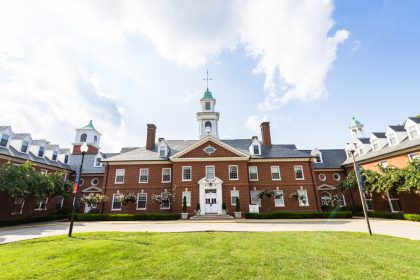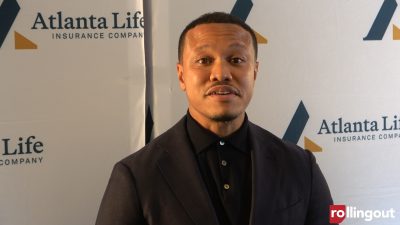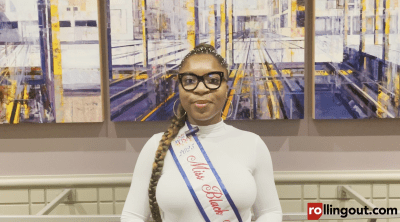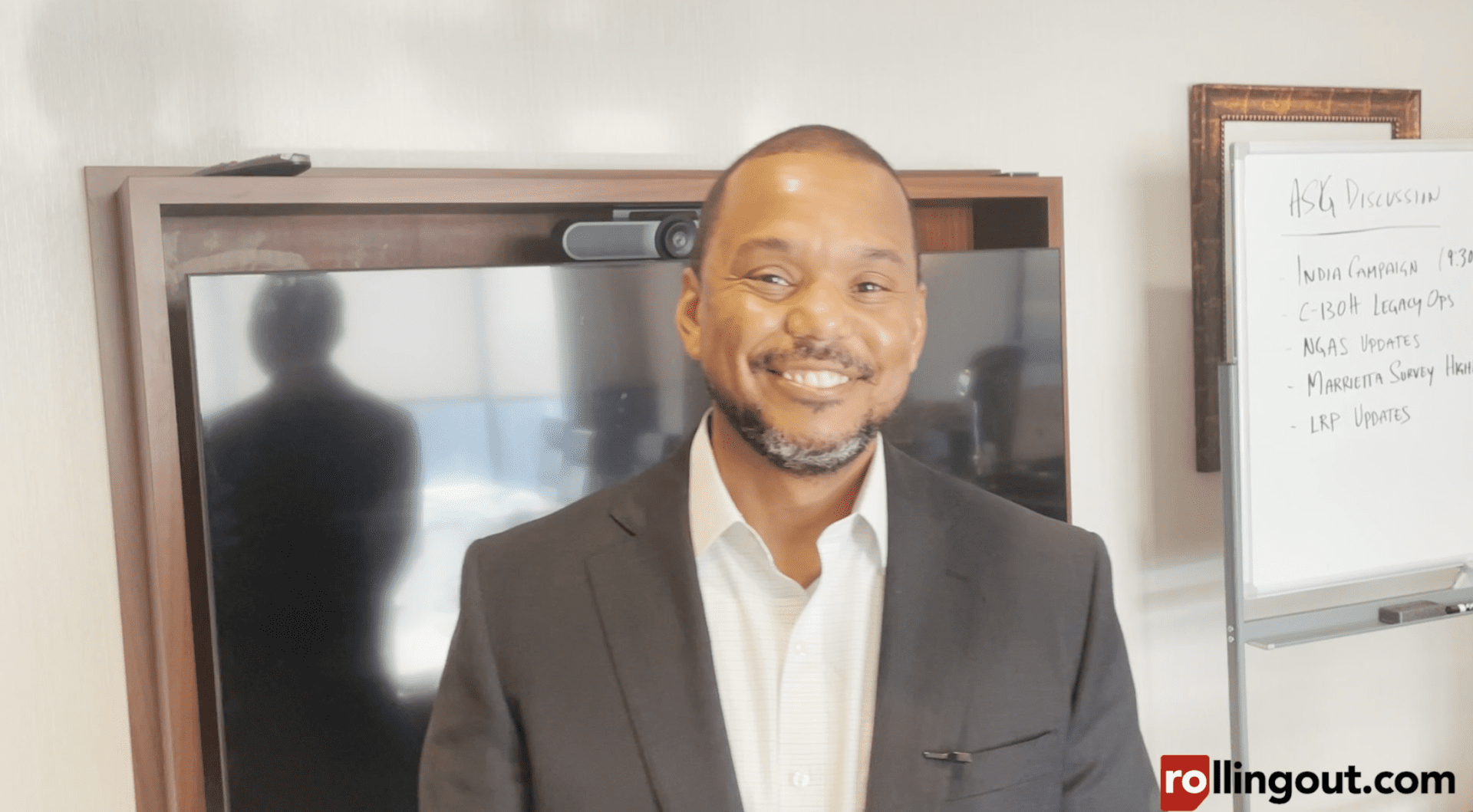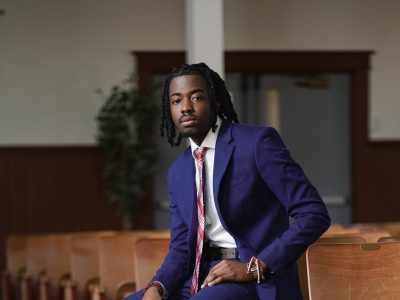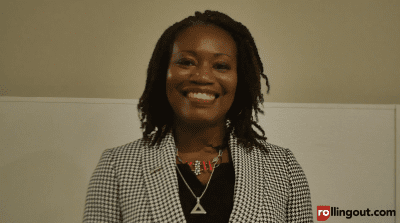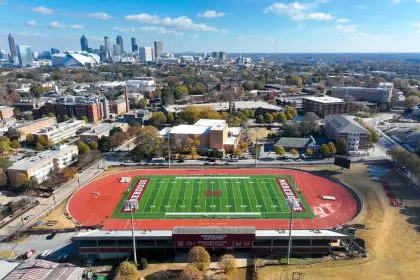
Keith Andrew Perry’s testimony about why African Americans should pursue postgraduate degrees is poignant, powerful and simply impossible to ignore. To even try to contemplate his adult life without his Morehouse College and Howard University School of Law degrees would be an exercise in absolute futility because it would be beyond the ability of his brain to comprehend it.
The lawyer, author and former chief of staff to former D.C. Mayor Marion Barry says that the people who acquired their juris doctorate degrees with him have lived lives that you couldn’t even pay for. One is a partner at one of the country’s most prestigious law firms — which comes with a half-million-dollar salary, and this is before this person gets his bonuses, partnership shares and billable hours — and another is a Washington, D.C., judge who could be on the fast track to the U.S. Supreme Court.
Is there anything else that need to be said about why African American should procure advanced degrees? As Perry might have said in a courtroom, “Your Honor, I rest my case.”
Here’s what else an advanced degree has done for Perry, a political consultant, former mayoral campaign treasurer and author of the politically explosive War Anthem:
–terry shropshire
Why did you decide to pursue your advanced degree?
I was interested in my advanced degree while I was in undergrad because I saw that as the key to success in my chosen profession, which was politics. While I didn’t end up practicing law, my law school background has given me a way of thinking that has benefited me in almost every aspect of my life, giving me a logical and methodical way of thinking, enabling me to see around corners, if you will. And that particular skill set would have been denied me had I not pursued an advanced degree.
What does having an advanced degree like an MBA or juris doctorate degree do for you professionally?
To take the next step of education is really the furtherance of what you started. To take that next step is to say that you want to specialize in an area, which generally makes you more marketable. And to be more marketable is to give you more of a sense of security and more of a sense of accomplishment.
Name the top three people you know who have advanced degrees and where they are now:
Oh, my goodness. One is a law professor at Howard University. One of the guys who was a year ahead of me is a managing partner at one of the largest firms in the country. He makes probably about $450,000 a year and that’s before his partnership share. So he is the CEO of the firm as the managing partner, then he gets his partnership fee, and then there are the billable hours because he still practices law. Third person is a judge here in D.C. on the appellate bench. And one thing about the appellate court is that it is known as a precursor to the U.S. Supreme Court bench.
Based upon the success you’ve experienced, what are the things you are doing to encourage the next generations to pursue college and, subsequently, advanced degrees?
I had a head start in education. My mother was an educator who ran Head Start here in D.C. I knew a lot of people in education. I had older cousins who were going to college. I’m working with kids on a side of town where no one has been to college. No one knows anyone who has been to college. And frankly, there is peer pressure not to go to college. It takes hold in people who don’t have alternatives. We take people to college, where they walk the campus — and they may be the first in their family to ever walk onto a college campus — [they] talk to professors, talk to students, sit in classes, see it, touch it and understand that this could be them one day.

